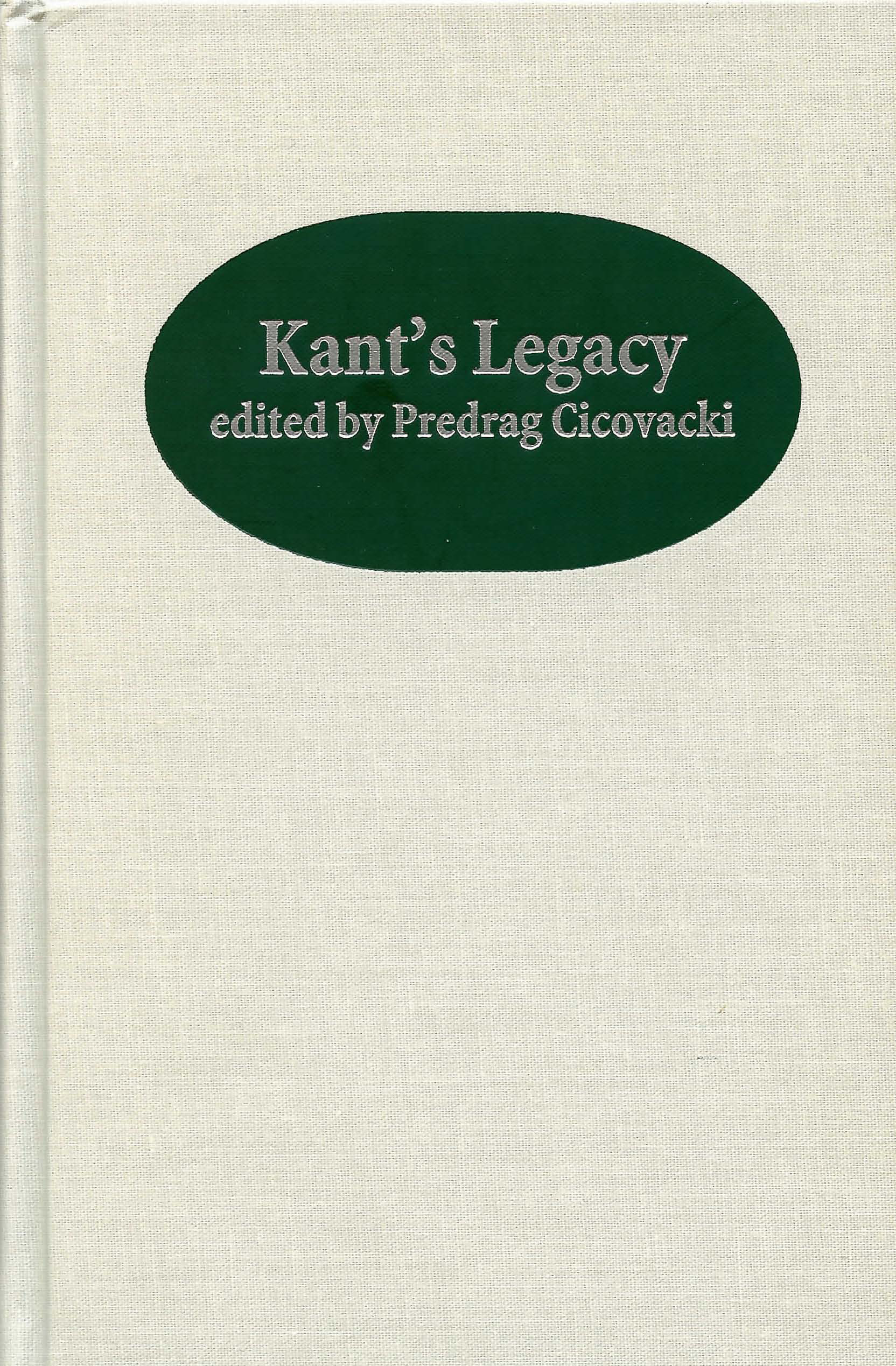Lewis White Beck’s Account of Kant’s Strategy
Published online by Cambridge University Press: 22 March 2023
Summary
Lewis White Beck’s formidable reputation among Kant commentators was not confined to the major contributions he made to moral philosophy. He contributed also and significantly to Kant’s theoretical philosophy, and in “Kant’s Strategy” gave an account, part historical part philosophical, of the central themes of the Critique of Pure Reason. It is a tribute both to his vision and his scholarship that he was able in that paper to combine so successfully a very general theme with careful attention to the Kantian detail. It is not my intention to query the account he gave there, for it seems to me both illuminating and correct. What I want to do instead is to push his account one stage further in two different but related directions. He himself began the paper with a military metaphor of a war conducted by Kant on two fronts, and one way of putting my aim would be to say that I would like to advance on two sectors of the battlefields he identified. In section I, I summarize the salient features of his account; in section II, I argue that his account can be extended in one important way; and in section III, I comment on a recent philosophical discussion by John McDowell of the central theme Beck identifies in Kant, namely the integral relationship between sense and understanding famously expressed at A51–2/B75–6: “Without sensibility no object would be given to us, without understanding no object would be thought. Thoughts without content are empty, intuitions without concepts are blind.”
Beck’s central theme in “Kant’s Strategy” is that Kant, in waging a war on two fronts against empiricists and rationalists, identifies and rejects an assumption common to both opposing forces. That common assumption is that knowledge has “but one ultimate source.” The two opposing positions identify that ultimate source differently; it is typically identified by empiricists as sense experience and by rationalists as reason. Kant rejects both views not only in his explicit appeal to a necessary connection between sense and understanding in the passage at A51/B75, but also in the still neglected and misunderstood section The Amphiboly of Concepts of Reflexion (A260–92/B316–49).
Kant’s strategy, so understood, has two noteworthy features. First it makes room for a proper understanding of both science and metaphysics.
- Type
- Chapter
- Information
- Kant's LegacyEssays in Honor of Lewis White Beck, pp. 25 - 46Publisher: Boydell & BrewerPrint publication year: 2001
- 1
- Cited by



